
[ This report does not necessarily reflect the views of the United Nations]
DAKAR, 31 May 2006 (IRIN) - As more and more young men from Senegal climb into fishing boats in the hopes of making it to Europe, efforts are growing to keep the legions of would-be migrants safe at home on dry land. “We can’t just stand here and let these people leave to drown in the Atlantic,” said Amadou Mountaga Sarr.
“We must warn them about the danger and tell them what’s really out there,” added Sarr, news editor of a community radio station called Oxyjeunes that operates from a shantytown outside Dakar.  After Spain in October 2005 tightened security around its Moroccan enclaves of Ceuta and Melilla to keep back the legions of Africans bent on scaling the barbed wire border fences, would-be migrants sought new routes to reach their El Dorado. In the last weeks, more and more people have been boarding fishing boats bound for Spain’s Canary Island from beaches just outside the Senegalese capital Dakar, for around 400,000 CFA francs (US $800) a head.
After Spain in October 2005 tightened security around its Moroccan enclaves of Ceuta and Melilla to keep back the legions of Africans bent on scaling the barbed wire border fences, would-be migrants sought new routes to reach their El Dorado. In the last weeks, more and more people have been boarding fishing boats bound for Spain’s Canary Island from beaches just outside the Senegalese capital Dakar, for around 400,000 CFA francs (US $800) a head.
Spanish authorities say around 9,000 illegal migrants have made it to the seven-island Atlantic archipelago since January 2006. The Red Cross says hundreds of others have drowned on the way.
"Nothing to do here"
But during a radio talk show last week, young Senegalese callers such as Mass were unmoved by tales of death. “Even if it means ending up dead, I’ll leave, I’ll never give up trying, there’s nothing to do here,” he said. “It’s Barsa or Barsakh,” quipped a 22-year-old girl in Woloff, meaning “It’s Barcelona or the hereafter.”
There are a host of reasons for leaving, including high youth unemployment and the reputed success of Senegal’s “Modou, Modou” traders in Europe. “But the biggest problem,” radio manager Oumar Seck Ndiaye told IRIN, “is that people have lost all hope of ever bettering themselves here. So between never and maybe, they choose to take a chance.”
Senegal has a long coastline
But Ndiaye said arrests were not the answer. “The only people who can really change things are civil society and politicians.”
In the seaside colonial-era town of Rufisque, some 40 kilometres away from Dakar, the Moslem authorities have decided to warn people about the risks of illegal emigration during daily prayers. At radio Oxyjeunes last week, Mbaye Sene, who was back in Senegal on holidays from his home of nine years in Italy, went on air to tell listeners just how hard life could be in Europe.
“You musn’t believe you’ll find gold on the streets,” he said. “The truth is it’s no El Dorado. I arrived in the middle of winter, it was minus 3, it took me nine months to find work, I had no papers and I couldn’t speak the language. Now that I’ve made it there, I can no longer come back, but every time I come here and then have to fly back, I can’t sleep because of the bad memories.”
"My son went down"
And as another caller harshly put it: “It’s all very well to want to go, but when you hear someone you know has died but you never see the corpse, then what do you do?”
In nearby Thiaroye-sur-mer, one of the busiest night time departure points, Yayi Bayam Diouf set up a women’s group to fight the human traffic after her only son perished at sea in February. A week ago her neighbour too lost a son.
Every afternoon Yayi and a dozen other women get together to talk in the shade of an acacia tree. “This one lost two of her sons, that one lost two of her brothers,” she says. “This one who just arrived has just lost her big brother’s boy.”
“I too have lost my son,” she continues. “He used to be a fisherman and thought that if he went to Europe …” Her voice breaks off. “I knew it, I knew it,” she murmurs, wiping her face with the back of her hand. “I knew it.”
The women, seated on woven mats, talk and give each other presents. “They’re all in despair, look at them, they’re not made up, they come here to get this off their chests, this is how we help each other,” Yayi says.
The women’s group is working to stop the young men from going, but is still working on a strategy. They wear red armbands as a sign of protest and have mulled the idea of a hunger strike. “In the beginning we worked on awareness,” Yayi said. “But now we’re thinking about what to do because we ourselves used to sell off our goods and raise the money to allow them to go.”
Like most people involved in attempting to stem the tide of illegal immigration, she and the other women say the only solution is economic development, jobs enabling people to live and work in Senegal and plan for a future in their own land. In the meantime, “life is difficult, very painful. My son went down in the water. His photo is over there.”






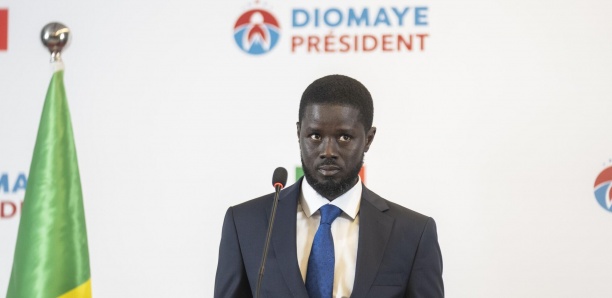
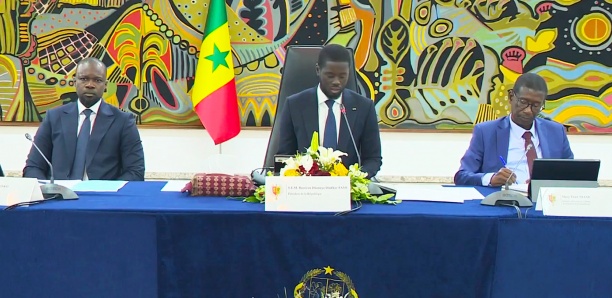



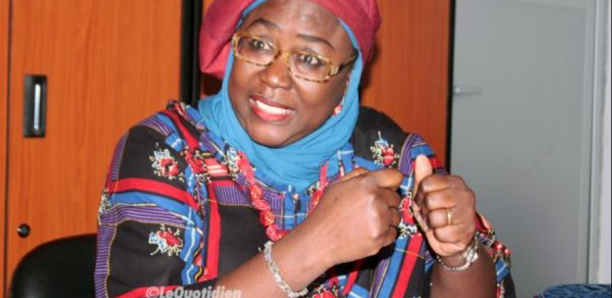

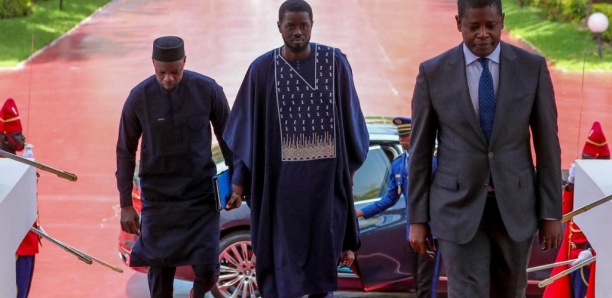



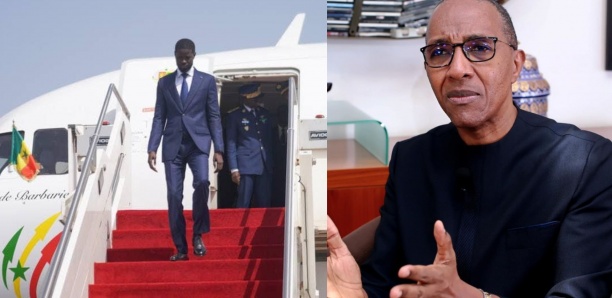
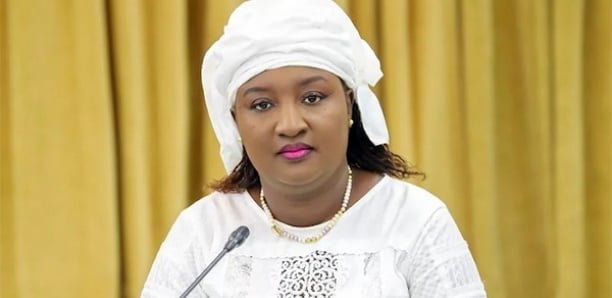




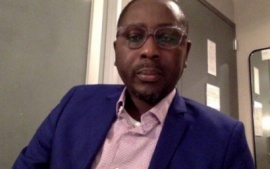






0 Commentaires
Participer à la Discussion